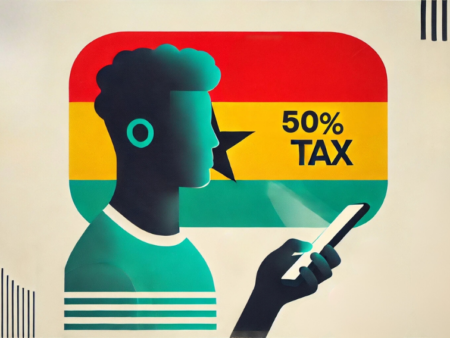Over the past decade, Kenya has been one of many countries across Africa to have experienced an unprecedented boom in online betting.
However, lenient regulation and legislature in the past, has led to somewhat of a roller-coaster ride for the East African country. There are stories of wild success, and amazing growth. Overshadowing it though, was the vast and growing percentage of Kenyans becoming caught up in an outright betting craze.
In 2019, a drastic change in government legislature managed to change the course of the growing problem, effectively bringing it down to more acceptable levels.
How it Began
In 2013, SportPesa, a Kenyan-based sports betting company, entered a brand-new online betting scene in Kenya. SportPesa became so successful that they were soon able to fund major premier league football in Kenya. After that, they were even able to break into the international betting arena. In the years leading up to 2019, seeing SportPesa’s huge success, the floodgates for online betting were left open in Kenya.
This ushered in a whole new generation of online betting companies aiming to copy SportPesa’s success. It didn’t take long for the masses of Kenyans to begin seeing online betting as a proverbial pot of gold. And so began a betting craze in Kenya that would continue to grow over the next six years.
In 2016, the country was becoming so entrenched in the betting industry that it became out of control. One sports betting company, called MCHEZA, even decided to branch away from sports betting. They decided to offer their customers the chance to bet on the 2016 US presidential elections. It was a success, and soon, other similar random betting markets began to pop up. All the while, illegal and exorbitant money lenders were adding to the problem.
More and more Kenyans were becoming trapped in debt, fuelled by the struggling economy and lack of jobs. It was becoming all too clear that too many Kenyan people were stuck in an unhealthy and self-destructive culture of relying on betting. This was all in the small hope of simply making a living, or the even smaller chance of getting rich.
In the years leading up to 2019, the Kenyan government knew that it had to do something before it was too late.
Kenya Imposes Heavy Legislature
On July 1st, 2019, The Kenyan government brought new, strict laws into legislation. The first was a 7.5 percent tax on all betting stakes. The second was an additional 20 percent levy on all winning bets. Though a heavy-handed move, the result, however, was that it actually worked.
In 2020 the laws were briefly removed following lobbying by betting firms. Kenyan MPs swiftly reinstated them though and imposed a further tax of 1.3% on all betting firm earnings.
The 2021 Report
In 2021, a report was compiled by the Central Bank of Kenya, together with the Kenya National Bureau of Statistics. It showed that in the past three years, the percentage of people engaged in compulsive gambling in Kenya had dropped significantly. From 22.7 percent to a far more manageable 11.2 percent. A nearly 50 percent decrease.
Going Forward
Kenya is far from solving all its issues. However, the sharp drop in irresponsible betting has at least provided some much-needed relief from a serious and growing issue. Betting in Kenya is still legal. The percentage of people with reliance on betting to survive, however, is still a worry. With that said, public awareness is now much higher than it was a decade before.
Hopefully, this lesson will be enough to avoid a similar crisis in the future when, or if, Kenya decides to once again loosen its laws and lift taxes. Until then, it could also potentially be useful in serving as a cautionary tale for other countries experiencing a boom in online betting. And hopefully, they are sure to put the correct laws and regulations in place before things can get out of hand.

